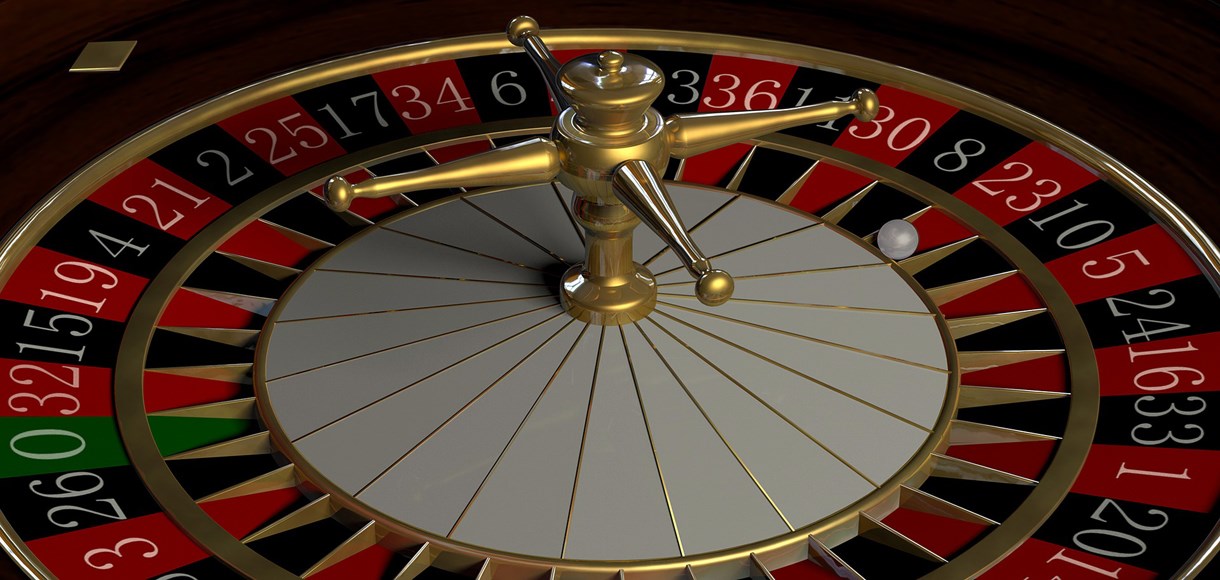Roulette strategy 101: What is Chaos Theory betting system?

Can Chaos Theory be used to increase your chances of winning at online roulette? Let's see how this system can help you predict the spin of the wheel.
Roulette strategy 101: Can chaos theory help you beat the system?
When playing online roulette there are plenty of systems out there, some use simple number patterns to help players predict the next wheel spin, while others aid in bankroll management to beat the house edge.
But in recent years, chaos theory has been suggested as a way of improving your roulette game. Can abstract mathematics be the answer for gamblers who have blown their bankroll on the Martingale? Let's take a closer look.
What is chaos theory?
Chaos theory is a branch of mathematics studying the effect of sensitive conditions on a dynamic system. It examines things that are impossible to predict, such as weather patterns or electrical impulses from the brain.
The most popular example is a seemingly random act taking place on one side of the world (like a butterfly flapping its wings) causing - eventually - an earthquake or disaster on the other side.
Some scientists think that chaos theory can be applied to a "random" game of chance like roulette. But on a roulette table produced with such precision - the size and shape of the pockets or the reliability of the mechanism are strictly tested before players are allowed anywhere near them - is it so easy to predict the outcome?
How does chaos theory apply to online roulette?
Every casino game has a "house edge", a statistical advantage that the house has over the players. In roulette, it comes from the system of payouts from various bets.
The odds of hitting a correct number in European Roulette is 37/1, as there are 37 pockets to land your single ball in. However, the actual payout is 35/1 - a much lower amount.
For the outside bets like Red/Black and Odd/Even, the payout is even money, or 1/1. But a single green zero pocket turns ALL outside bets into losing ones. The actual odds of hitting your bet are a little higher.
Over the long term, the house edge in European Roulette is around 2.7%. In American Roulette, which has two green pockets (0 and 00) it's around the 5.26% mark.
New research published by the American Institute of Physics in 2012 made an extraordinary claim: the average return on a standard roulette table could be as much as 18% if certain factors were known to the gambler beforehand.
By studying the tilt, or 'bias', of a wheel, as well as the amount of friction on the wheel itself, researchers claimed that they could predict the outcome of a spin more accurately. Wheels deteriorate; air humidity can alter by a fraction. But it's these tiny changes in conditions - researchers argue - that give a player an advantage.
Disadvantages of using chaos theory in gambling
Chaos theory tells us that tiny changes in environment can lead to massive changes in the outcome. But to study those tiny changes you have to be prepared to put in the legwork.
The gambling researchers at the American Institute of Physics used special equipment to gauge a tiny flaw in the roulette wheel they were using. The wheel was tilted by a fraction which changed the long-term outcome of the wheel spins.
But most recreational gamblers don't have access to expensive testing equipment, and a casino would kick out anyone trying to find a way to examine their wheels in such close detail.
Studying flaws in online casino software is even harder. Online roulette games are governed by Pseudo Random Number Generators (PRNGs) which determine where the ball is going to come to a stop. Algorithms are created at random from millions of possibilities. But the randomness of these is tested regularly by independent bodies. Only by collating data on millions of spins would a player work out if an RNG is faulty.
Try chaos theory for a chance of bigger roulette wins
Chaos theory can affect situations where "feedback" is present. Stock markets can become chaotic if the public panics and begins to buy or sell shares in increasing numbers.
But roulette can be seen as existing in a vacuum: the game mechanics are determined beforehand and no increase in wagers or player activity can change the outcome. In any case, to test out Chaos Theory in roulette properly, you would have to do months, or years, of research to get any results.




































